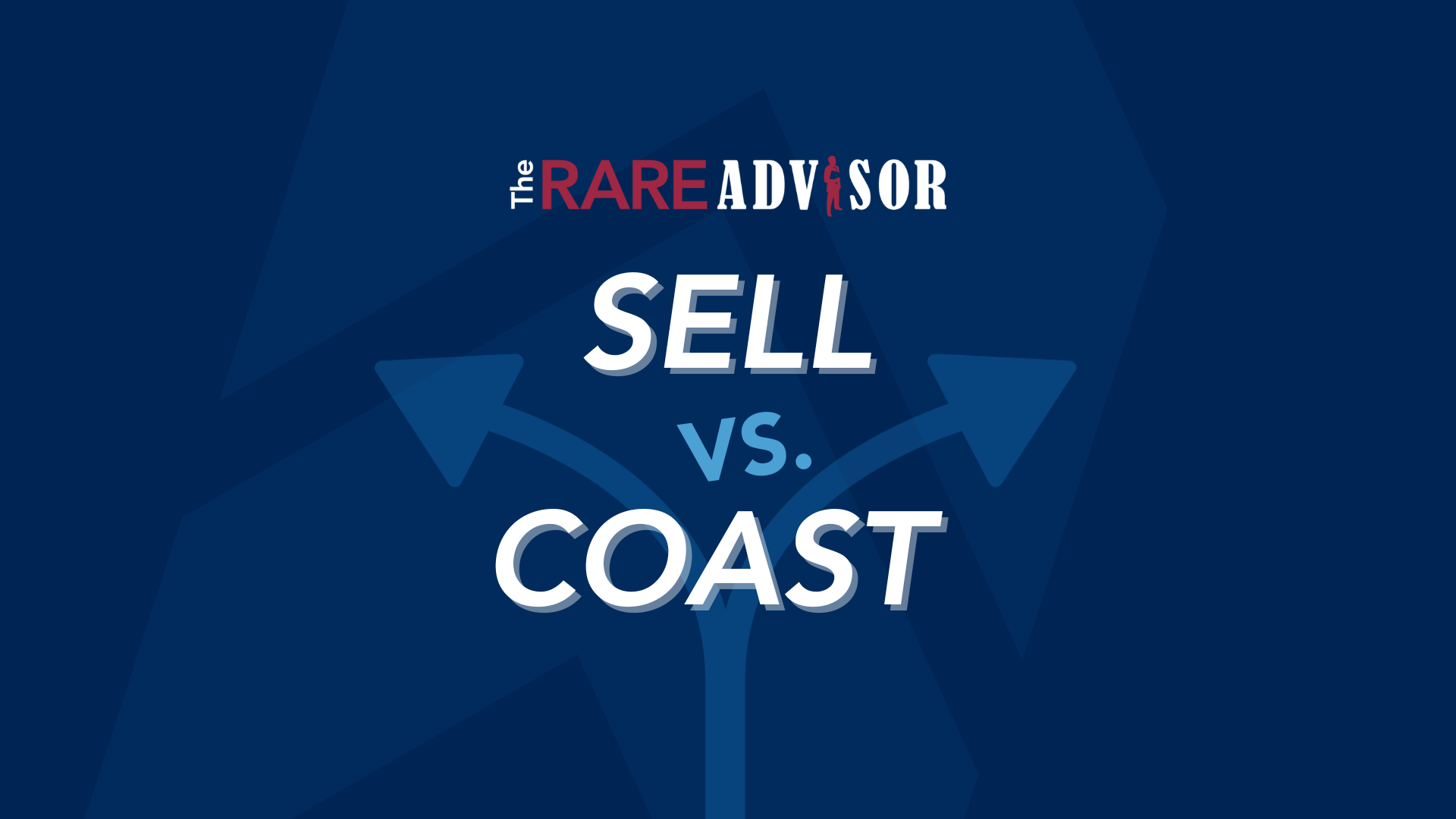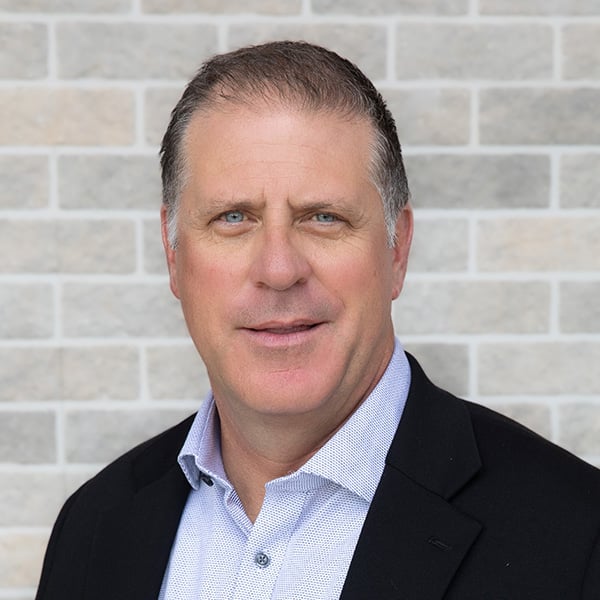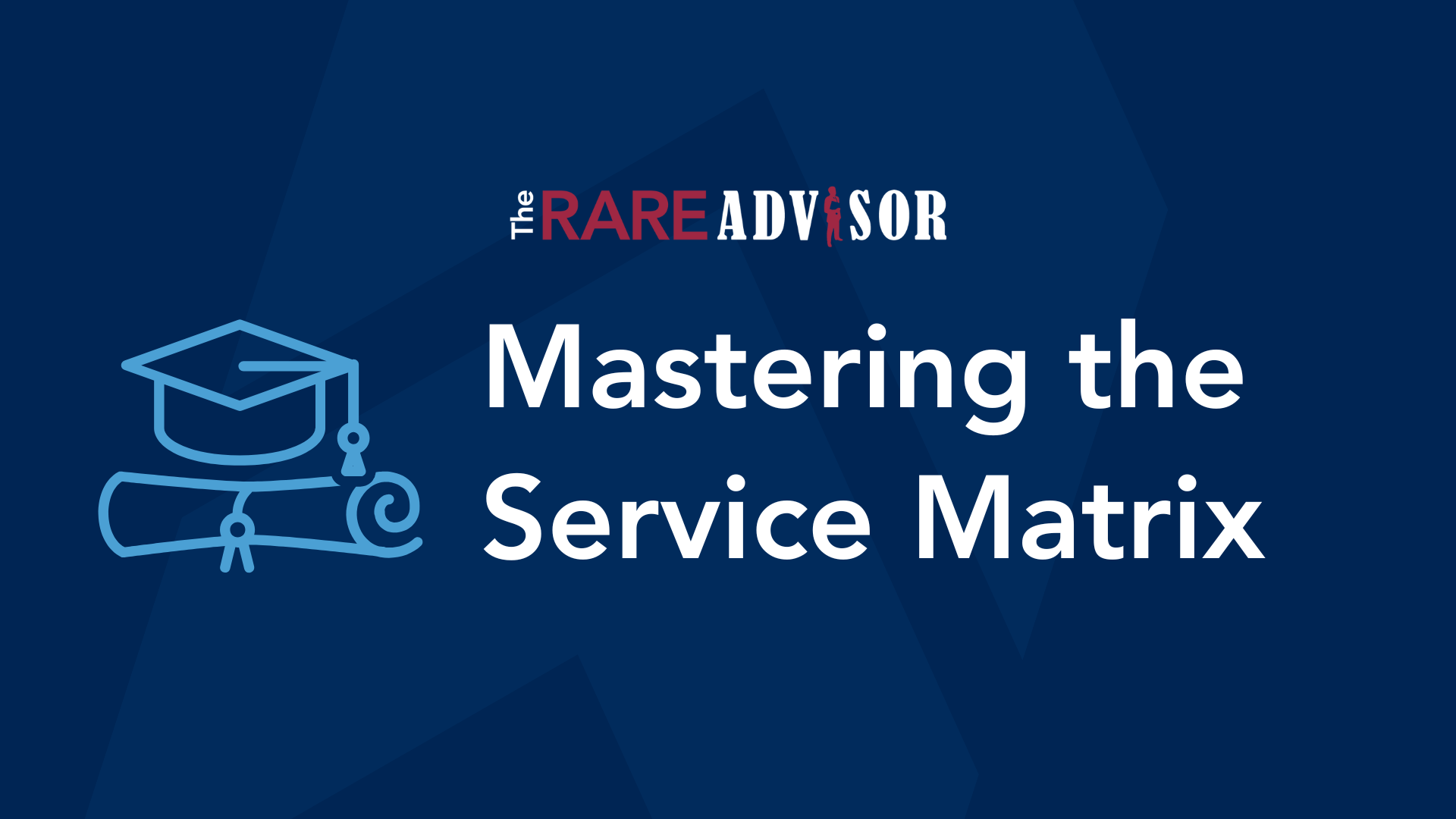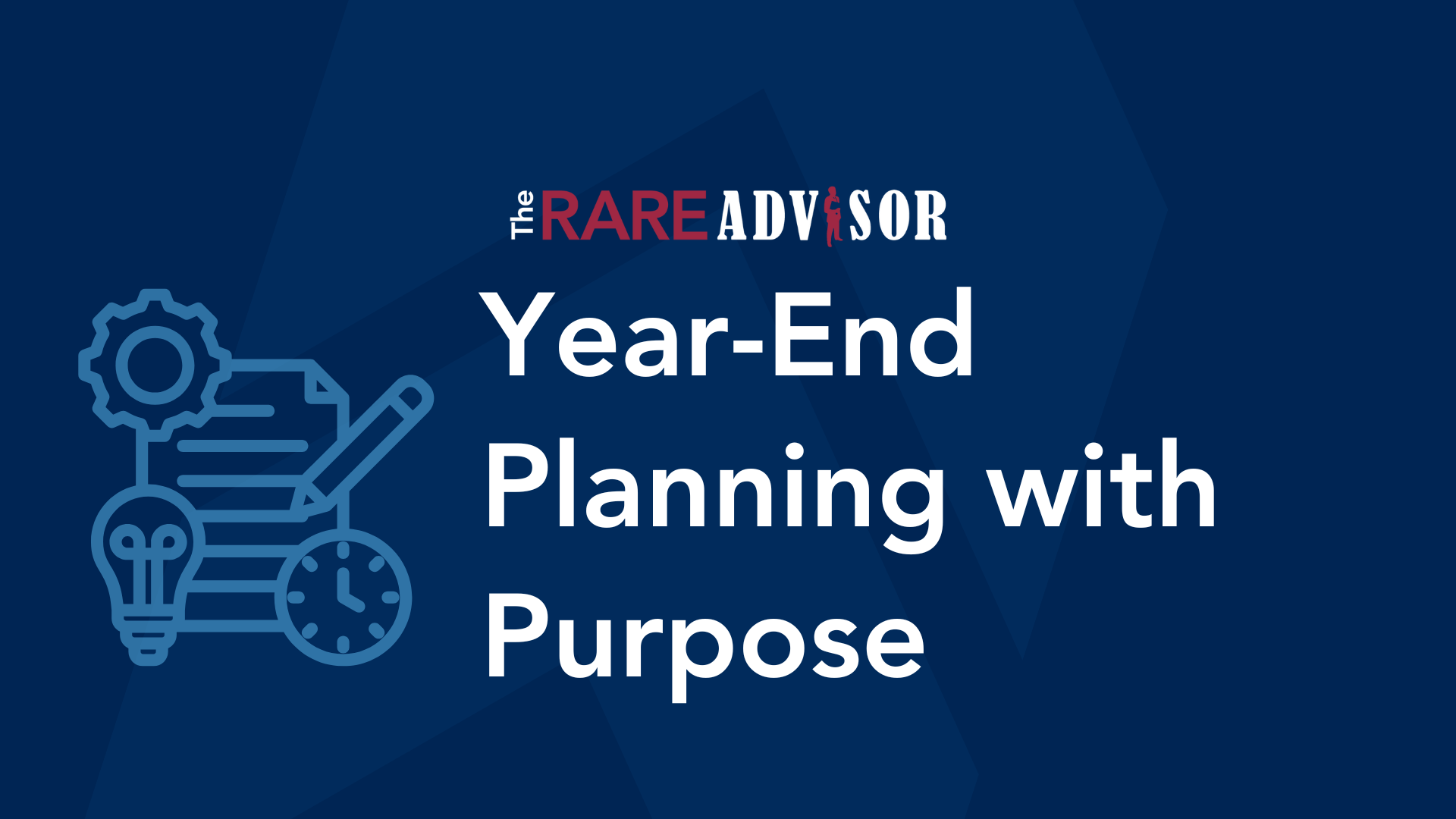The RARE Advisor: Sell or Coast - A Decision Worth Millions

There’s a little-known secret to double the value you pull out of your practice. In this episode of The RARE Advisor, we’ll break down the sell vs. coast decision and how it could benefit your practice.
Over the years, I have helped many advisors deal with the succession (you're trying to pass on your practice, maybe to a junior advisor), acquisition (you're trying to grow your practice), or transition (you're going to be selling or transitioning our of the business with a stranger or someone outside of your practice) of their practice. There are just so many different ways to go about this, and every deal is done a little bit differently. We help to coach, mediate, and negotiate depending on what it is you're trying to accomplish, to make sure that it's the best for all parties involved. That's one of the beautiful things about doing acquisitions, successions, and transitions with financial advisory practices is we're one of the few businesses where what's best for the seller is equally best for the buyer, in terms of making sure that things run smoothly, because the buyer is getting everything they hope to get, and the seller is getting maximum dollar at the same time.
I want to push that aside for a moment, because what I want to talk to you about today is a little known subset that a lot of people don't take the time to think through properly. I simply call it "Sell vs. Coast". Now, most people automatically assume that selling is the thing to do. But it really has to do with how long you wish to continue to be active. There's definitely a point in time in which you want to go through some sort of a succession plan with your practice, because at a certain point in time, we just need to move on and retire, right? However, many advisors aren't ready to be done. And so once they do a transaction with their practice, they still want to stay around - maybe as a junior advisor, or sub-producer, or consultant, or even just as kind of an ambassador to the practice. There's lots of different ways that can happen. But oftentimes, if you're having struggles finding a proper buyer or a great match for your practice, you might be wiser to actually coast, because coasting can be equally valuable. In fact, it can actually be more valuable, depending on the circumstances, than actually selling. But it has to fit your lifestyle. It has to fit your personal goals and what you're trying to accomplish. That's the first question I ask people: Do you want to be done with your clients? Or do you just want to be done prospecting? Those are two very different things. And if you just want to be done prospecting, then you need to listen closely as I dissect what it means to coast.
So first, let's start with a sell. We're going to set the benchmark and keep it super simple. Let's say we've got a million dollars of total revenue. 70% of it is recurring revenue and 30% of it is transactional revenue. Generally speaking, I'm going to just go with some real basic industry standards. So let's call it two and a half times recurring and one times transactional in terms of the valuations on revenue. That means two and a half times 70% of a million ($700,000) would be $1,750,000, representing the recurring component. For the transactional component, 30% of a million is $300,000. It's a one time multiple, so it remains $300,000. I add those two numbers together, and I get $2,050,000. That would be the value if I sell. So let's just say I get 35% down ($717,500), and then I take the remainder and I get paid over the next four years. So I get four annual installments of $333,125 apiece. I add those four together plus the upfront 35% There's my $2,050,000 paid out over a four year timeframe.
But what if I coast? Well, if I coast, let's assume I'm going to retain the AUM. So that's $700,000 out of the million that I'm going to retain the AUM. Now, let's keep it the math easy. Let's just say that market growth offsets any loss of clients. So market growth versus retention, ends up flatlining, it becomes a zero. So even though I might lose a few clients, the market growth is offsetting that. So I'm just assuming it flatlines. And then let's assume I do zero transactional business from here on out. So no more commissionable stuff, I'm just doing my my quarterly or my annual reviews with my clients, and I'm managing the portfolio and keeping an eye on things. And that's it. That's customer service, and annual reviews, and I eliminate everything else. I get rid of those expenses and I just focus on the coast, so to speak. Well, that means I have $700,000 a year of revenue - again, just the recurring piece - multiplied over the same four year period compared to a sale. $700,000 times four is $2,800,000. I'm actually to the positive $750,000 in a coast versus a sell. Now again, those are very generic numbers, but you get the idea. So I'm to the positive $750,000, and oh, wait - there's a kicker. By the way, I still own my practice, and I can still sell it. So maybe if I'm saying, "Hey, I'd really like to be done in 10 years. But I'm thinking I probably want to do that now and get a little bit off my plate. And I'll just kind of start becoming a sub-producer or a junior producer and just kind of coast my way through that way for 10 years". You can do that. And there's absolutely nothing wrong with that. And we help people do that all the time. But the other flip side of that is I could coast for five years, then sell and I would have an extra $2,800,000 in this particular example. Something to think about.
Now, if you're interested, we have a new, free report called the 'Advisor's 12-Step Reset for Predictable Growth, Value & Lifestyle'. It's a smooth, 12-step process that I've uncovered and discovered over my 35+ year journey in this industry. And it's designed to generate a predictable practice with automated revenue and lifetime rewards.
--
The RARE Advisor is a business model supercharged by Recurring And Repeatable Events. With more than thirty years of working with and coaching successful advisors, host Mike Walters (along with other leaders in the industry), discusses what it takes to grow a successful practice. With the aim of helping financial professionals and financial advisors take their business to the next level, Mike Walters shares insights and success stories that make a real impact. Regardless of the stage of your practice, The RARE Advisor will provide thoughtful guidance, suggestions for developing systems and processes that work, and ideas for creating an authentic experience for your clients.
The RARE Advisor is also a podcast! Subscribe today via Apple Podcasts, Google Podcasts, or your preferred podcast listening service for easier on-the-go listening.
Author Info

Mike Walters is the Chief Executive Officer (CEO) of USA Financial, leading the firm since its inception in 1988. Mike is committed to...
Related Posts

Behavioral Finance, Simplified: 5 Biases Advisors Must Use in Their Marketing
In this episode of Financial Advisor’s Marketing Playbook, host Mark Mersman breaks down five core behavioral biases—loss aversion, status quo bias, anchoring, choice overload, and social proof—and shows how each can be translated into clear, compliant marketing messages that resonate with real human decision-making. You’ll learn how to reduce cognitive load, make emotion visible, eliminate friction, and set deliberate anchors in your website copy, emails, seminars, and first meetings. If you want your marketing to reflect how clients actually think and choose advisors, this practical framework will help you shift from a purely logical approach to one that validates emotions first—and earns trust that clients can later justify with facts.

Mastering the Service Matrix: Elevate Client Experience & Drive Advocacy
In this episode of The Rare Advisor, Aaron Grady and Allan Oehrlein dive deep into two essential tools for modern advisory practices: the service matrix and the stewardship framework. Discover why moving from a reactive to a proactive service model is critical for consistency, scalability, and client advocacy. Learn how these frameworks help advisors deliver predictable, high-touch experiences, segment clients effectively, and create professional contrast that sets your firm apart. If you want to elevate your client experience and build loyalty that lasts, this conversation is packed with actionable insights.

Year-End Planning with Purpose: Becoming the Advisor of the Future
In this episode of The RARE Advisor, Aaron Grady and Duncan MacPherson explore how financial advisors can approach year-end planning with intention and purpose. Rather than focusing solely on metrics and spreadsheets, they discuss the importance of aligning your “why” with your process and practice. Drawing on Japanese philosophies like Ikigai, Kaizen, Kintsugi, and Wabi Sabi, they share insights on creating a more meaningful, resilient, and sustainable business. Learn how embracing continuous improvement, authenticity, and technology can help you become the advisor of the future.

Behavioral Finance, Simplified: 5 Biases Advisors Must Use in Their Marketing
In this episode of Financial Advisor’s Marketing Playbook, host Mark Mersman breaks down five core behavioral biases—loss aversion, status quo bias, anchoring, choice overload, and social proof—and shows how each can be translated into clear, compliant marketing messages that resonate with real human decision-making. You’ll learn how to reduce cognitive load, make emotion visible, eliminate friction, and set deliberate anchors in your website copy, emails, seminars, and first meetings. If you want your marketing to reflect how clients actually think and choose advisors, this practical framework will help you shift from a purely logical approach to one that validates emotions first—and earns trust that clients can later justify with facts.

Mastering the Service Matrix: Elevate Client Experience & Drive Advocacy
In this episode of The Rare Advisor, Aaron Grady and Allan Oehrlein dive deep into two essential tools for modern advisory practices: the service matrix and the stewardship framework. Discover why moving from a reactive to a proactive service model is critical for consistency, scalability, and client advocacy. Learn how these frameworks help advisors deliver predictable, high-touch experiences, segment clients effectively, and create professional contrast that sets your firm apart. If you want to elevate your client experience and build loyalty that lasts, this conversation is packed with actionable insights.

Year-End Planning with Purpose: Becoming the Advisor of the Future
In this episode of The RARE Advisor, Aaron Grady and Duncan MacPherson explore how financial advisors can approach year-end planning with intention and purpose. Rather than focusing solely on metrics and spreadsheets, they discuss the importance of aligning your “why” with your process and practice. Drawing on Japanese philosophies like Ikigai, Kaizen, Kintsugi, and Wabi Sabi, they share insights on creating a more meaningful, resilient, and sustainable business. Learn how embracing continuous improvement, authenticity, and technology can help you become the advisor of the future.

